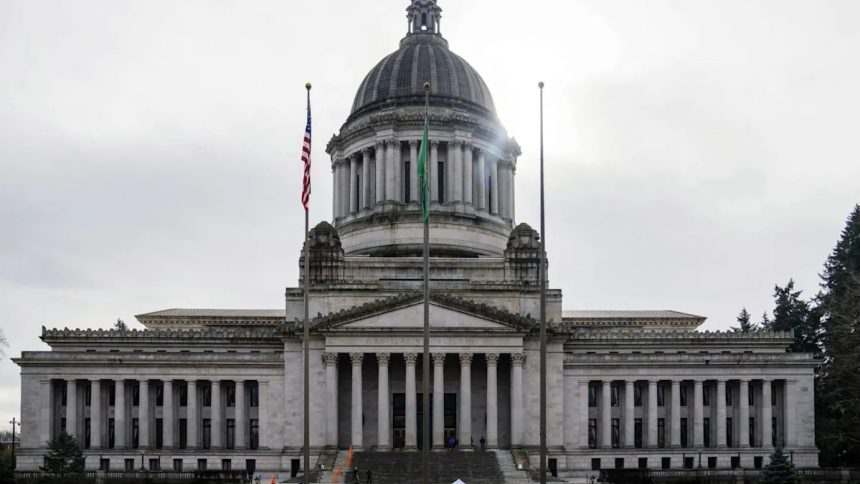Residents of Olympia, Washington, rejected Proposition 1 on Tuesday, with 4,857 votes against and 3,821 for. The proposition would have codified the Workers’ Bill of Rights Initiative, which sought to increase the minimum wage and require employers to offer current employees extra hours before hiring additional ones.
Yes For Olympia Workers, a campaign that backed the measure, said that the Workers’ Bill of Rights “is built on a foundation of key values that reflect the everyday challenges and aspirations of working people.” Ostensibly to this end, Proposition 1 would have increased Olympia’s minimum wage for large employers (those with more than 500 employees) from $16.66 per hour to $20 per hour on January 1, 2026. The minimum wage for medium employers—firms with more than 15 and up to 500 employees—would have increased to $18 on January 1, 2026, and by $1 every year until their minimum wage equals that of large employers.
Yes For Olympia Workers, whose top five donors are all unions, described the longer phase-in for medium employers as minimizing “the risk and costs to…small businesses.” Olympians didn’t buy it—and with good reason: Setting phase-in schedules based on headcount would have discouraged smaller businesses from hiring more workers. If the proposition had passed, a medium-sized firm with 500 employees could only justify hiring another employee if he were worth more than $2 million to the company—the combined yearly cost of his $20 per hour wage and the additional $2 per hour paid to the other 500 employees.
Washingtonians are not unfamiliar with such staggered minimum wage hikes. In June 2014, Seattle adopted a similar scheme, distinguishing between businesses with 500 or fewer employees and those with more than 500 workers. Although wage inequality was “reduced modestly” for workers making less than the city’s median hourly wage ($26.42) who remained employed, the overall earning inequality “substantially widened” from 2014 to 2017, according to a University of Washington study published in 2021.
Regardless of whether they are phased in gradually or imposed immediately, increasing the minimum wage means existing and prospective workers who generate less value than the mandatory wage floor are fired or not hired in the first place. A case in point: California’s April 2024 fast-food minimum wage hike from $16 to $20 per hour cost the state 18,000 jobs.
Yes For Olympia Workers said it’s a “myth” that “raising the minimum wage will cause massive job losses.” On Tuesday, Olympians rightly rejected the real myth—that a higher minimum wage benefits all workers.
The post Washington’s State Capital Just Voted Against Increasing the Minimum Wage, Unemployment appeared first on Reason.com.









